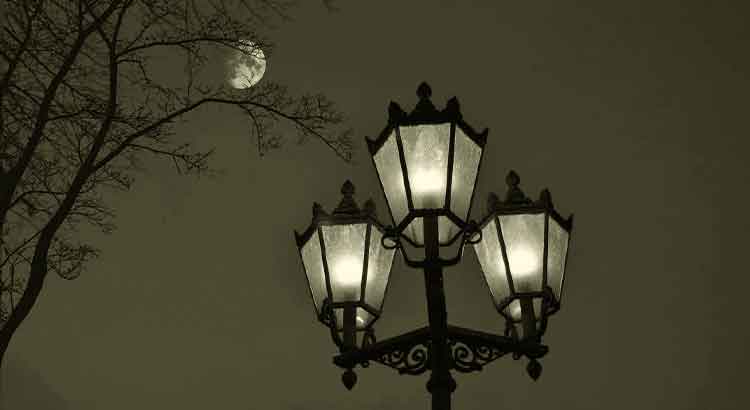When the monument that constitutes the work of Otto Maria Carpeaux and the rest of Brazilian literary criticism are flanked, it is impossible not to be surprised that there is not a single biographical study worthy of the great intellectual who gave Brazilian critics the only work of universal value that they have. Silence. I think what would happen if Carpeaux, instead of settling in Brazil, had chosen the United States and did, in English, what he did in Portuguese. The smile is automatic. But why Brazil? Why, at the age of forty, break away from his language and dedicate himself to learning and writing in a language unknown until then? And the very difficult, not to say impossible, was erected: the sterile national literary criticism won an immortal colossus as a gift. What did it do with the gift? Nothing, absolutely nothing.
____________
Read more:



